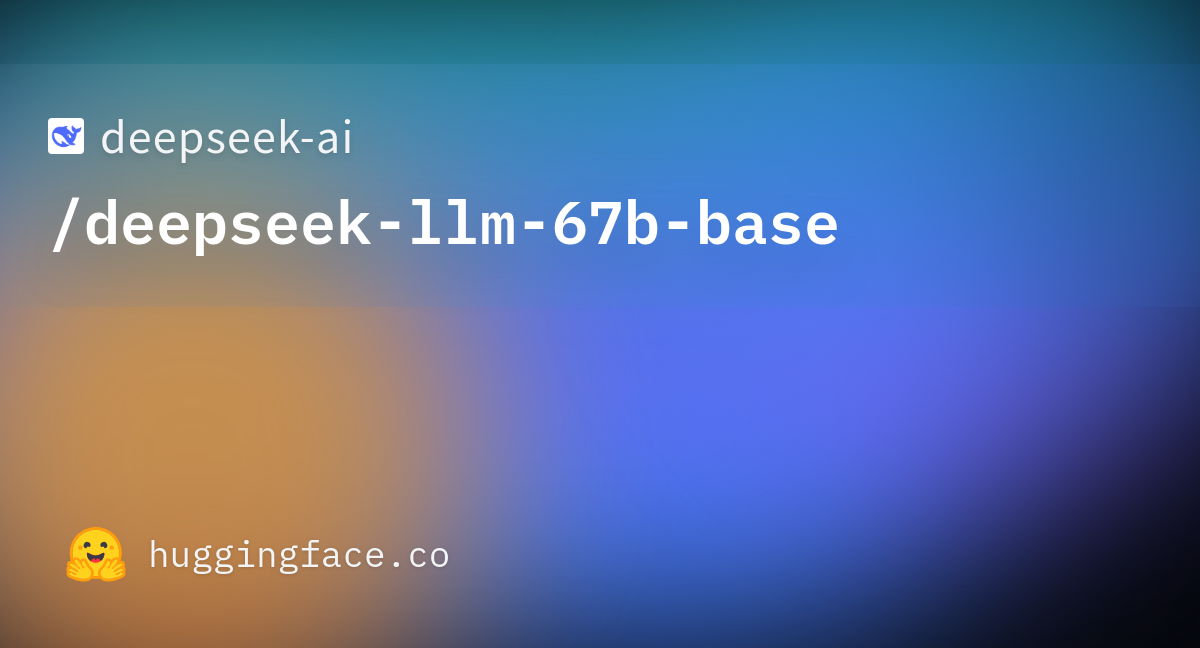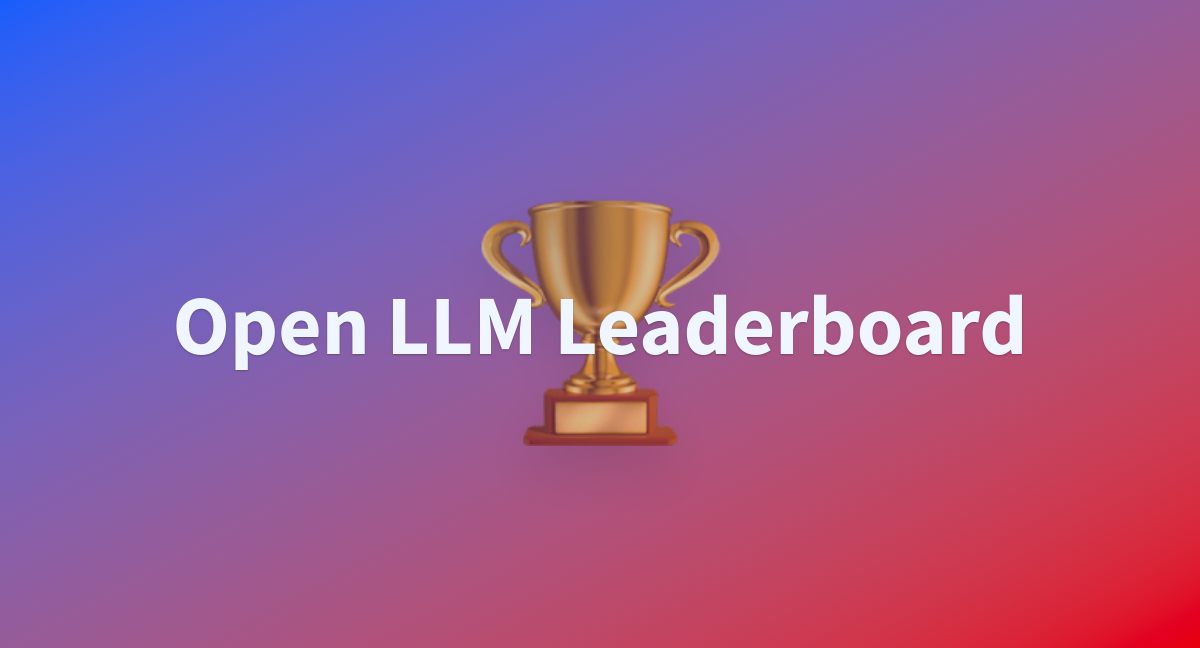I am returning to OpenAI as CEO. Mira will return to her role as CTO. The new initial board will consist of Bret Taylor (Chair), Larry Summers, and Adam D’Angelo.
I have never been more excited about the future. I am extremely grateful for everyone’s hard work in an unclear and unprecedented situation, and I believe our resilience and spirit set us apart in the industry. I feel so, so good about our probability of success for achieving our mission.
Before getting to what comes next, I’d like to share some thanks.
I love and respect Ilya, I think he’s a guiding light of the field and a gem of a human being. I harbor zero ill will towards him. While Ilya will no longer serve on the board, we hope to continue our working relationship and are discussing how he can continue his work at OpenAI.
I am grateful to Adam, Tasha, and Helen for working with us to come to this solution that best serves the mission. I’m excited to continue to work with Adam and am sincerely thankful to Helen and Tasha for investing a huge amount of effort in this process.
Thank you also to Emmett who had a key and constructive role in helping us reach this outcome. Emmett’s dedication to AI safety and balancing stakeholders’ interests was clear.
Mira did an amazing job throughout all of this, serving the mission, the team, and the company selflessly throughout. She is an incredible leader and OpenAI would not be OpenAI without her. Thank you.
Greg and I are partners in running this company. We have never quite figured out how to communicate that on the org chart, but we will. In the meantime, I just wanted to make it clear. Thank you for everything you have done since the very beginning, and for how you handled things from the moment this started and over the past few days.
The leadership team–Mira, Brad, Jason, Che, Hannah, Diane, Anna, Bob, Srinivas, Matt, Lilian, Miles, Jan, Wojciech, John, Jonathan, Pat, and many more–is clearly ready to run the company without me. They say one way to evaluate a CEO is how you pick and train your potential successors; on that metric I am doing far better than I realized. It’s clear to me that the company is in great hands, and I hope this is abundantly clear to everyone. Thank you all.
Jakub, Szymon, and Aleksander are exceptional talents and I’m so happy they have rejoined to move us and our research forward. Thank you.
To all of you, our team: I am sure books are going to be written about this time period, and I hope the first thing they say is how amazing the entire team has been. Now that we’re through all of this, we didn’t lose a single employee. You stood firm for each other, this company, and our mission. One of the most important things for the team that builds AGI safely is the ability to handle stressful and uncertain situations, and maintain good judgment throughout. Top marks. Thank you all.
Satya, Kevin, Amy, and Brad have been incredible partners throughout this, with exactly the right priorities all the way through. They’ve had our backs and were ready to welcome all of us if we couldn’t achieve our primary goal. We clearly made the right choice to partner with Microsoft and I’m excited that our new board will include them as a non-voting observer. Thank you.
To our partners and users, thank you for sticking with us. We really felt the outpouring of support and love, and it helped all of us get through this. The fact that we did not lose a single customer will drive us to work even harder for you, and we are all excited to get back to work.
Will Hurd, Brian Chesky, Bret Taylor and Larry Summers put their lives on hold and did an incredible amount to support the mission. I don’t know how they did it so well, but they really did. Thank you.
Ollie also put his life on hold this entire time to just do everything he could to help out, in addition to providing his usual unconditional love and support. Thank you and I love you.
So what’s next?
We have three immediate priorities.
● Advancing our research plan and further investing in our full-stack safety efforts, which have always been critical to our work. Our research roadmap is clear; this was a wonderfully focusing time. I share the excitement you all feel; we will turn this crisis into an opportunity! I’ll work with Mira on this.
● Continuing to improve and deploy our products and serve our customers. It’s important that people get to experience the benefits and promise of AI, and have the opportunity to shape it. We continue to believe that great products are the best way to do this. I’ll work with Brad, Jason and Anna to ensure our unwavering commitment to users, customers, partners and governments around the world is clear.
● Bret, Larry, and Adam will be working very hard on the extremely important task of building out a board of diverse perspectives, improving our governance structure, and overseeing an independent review of recent events. I look forward to working closely with them on these crucial steps so everyone can be confident in the stability of OpenAI.
I am so looking forward to finishing the job of building beneficial AGI with you all—best team in the world, best mission in the world.
Love, Sam










/cdn.vox-cdn.com/uploads/chorus_asset/file/25121342/1778705436.jpg)
:format(webp)/cdn.vox-cdn.com/uploads/chorus_asset/file/25121342/1778705436.jpg)
